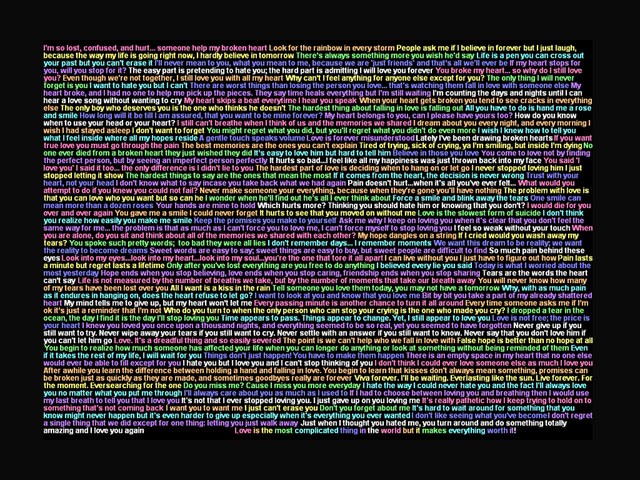Margaret Mitchell began writing Gone with the Wind in 1926 to pass the time while recovering from an auto-crash injury that refused to heal. In April, 1935, Harold Latham of Macmillan, an editor who was looking for new fiction, read what she had written, and saw that it could be a best-seller. After Latham agreed to publish the book, Mitchell worked for another six months checking the historical references, and rewrote the opening chapter several times. Mitchell and her husband, John Marsh, a copy editor by trade, edited the final version of the novel. Mitchell wrote the book's final moments first, and then wrote the events that lead up to it. As to what became of her star-crossed lovers, Rhett and Scarlett, after the novel ended, Mitchell did not know, and said, "For all I know, Rhett may have found someone else who was less difficult." Gone with the Wind is the only novel by Mitchell published during her lifetime.
The author tentatively titled the book, Tomorrow is Another Day, from the last line of the novel. Other proposed titles included: Bugles Sang True, Not in Our Stars, and Tote the Weary Load. The title Mitchell finally chose is from the first line of the third stanza of the poem, Non Sum Qualis Eram Bonae sub Regno Cynarae, by Ernest Dowson:

text love quotes
320 × 480 - 63k - jpg
rebirthz.wordpress.com

text love quotes
320 × 480 - 63k - jpg
rebirthz.wordpress.com
text love quotes
320 × 480 - 63k - jpg
The author tentatively titled the book, Tomorrow is Another Day, from the last line of the novel. Other proposed titles included: Bugles Sang True, Not in Our Stars, and Tote the Weary Load. The title Mitchell finally chose is from the first line of the third stanza of the poem, Non Sum Qualis Eram Bonae sub Regno Cynarae, by Ernest Dowson:
text love quotes
320 × 480 - 63k - jpg
rebirthz.wordpress.com

text love quotes
320 × 480 - 63k - jpg
rebirthz.wordpress.com
text love quotes
320 × 480 - 63k - jpg
Subscribe to:
Post Comments (Atom)















No comments:
Post a Comment